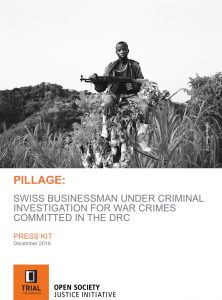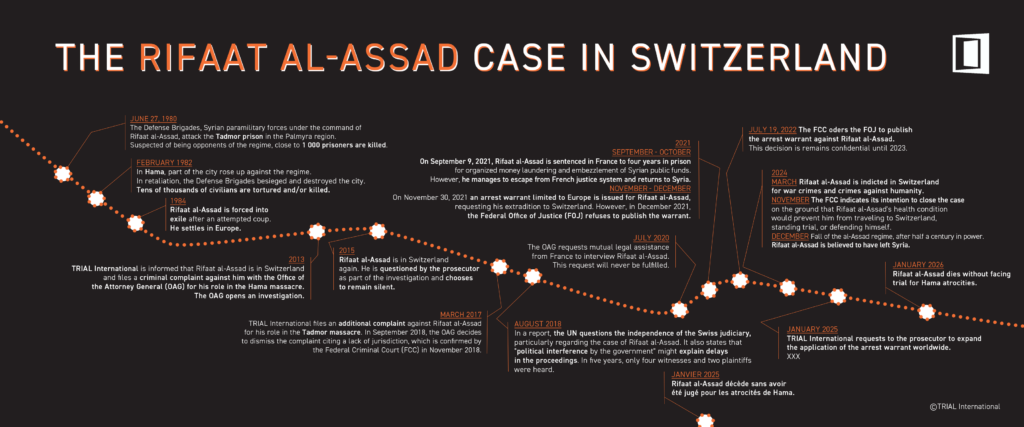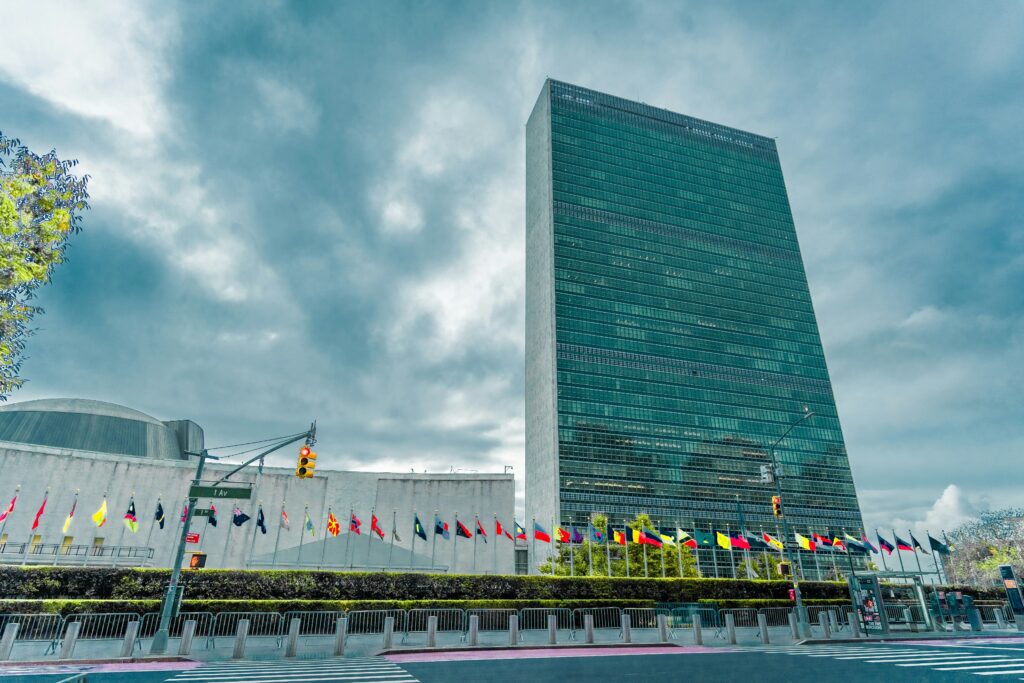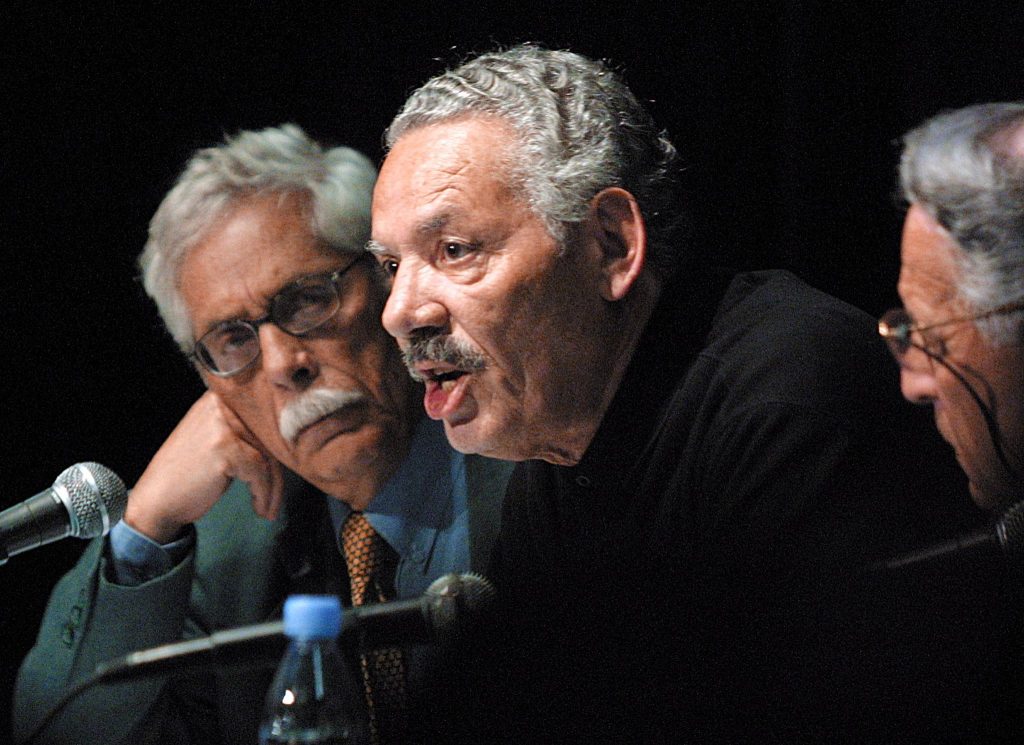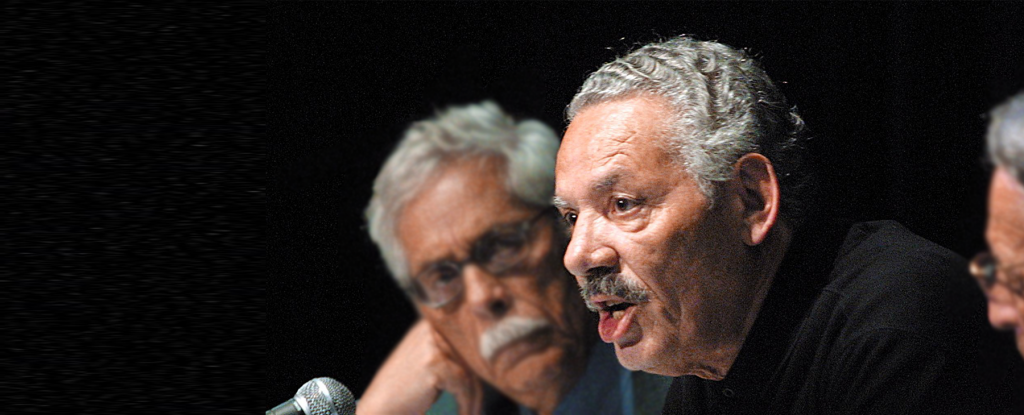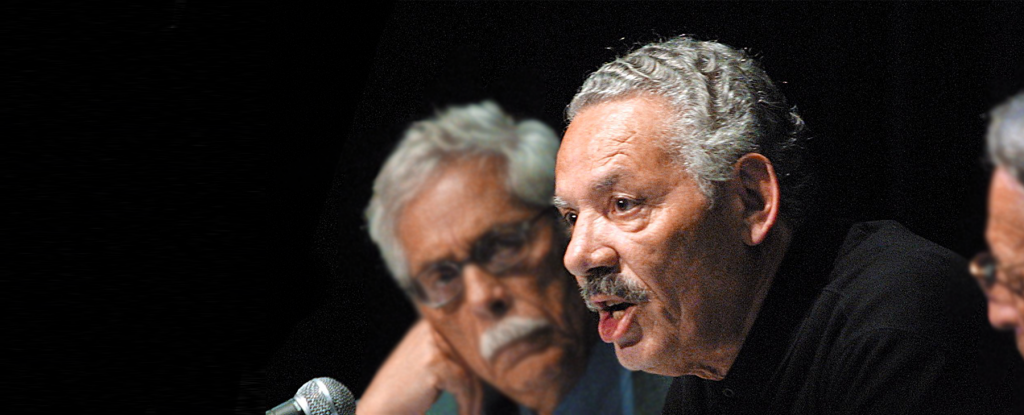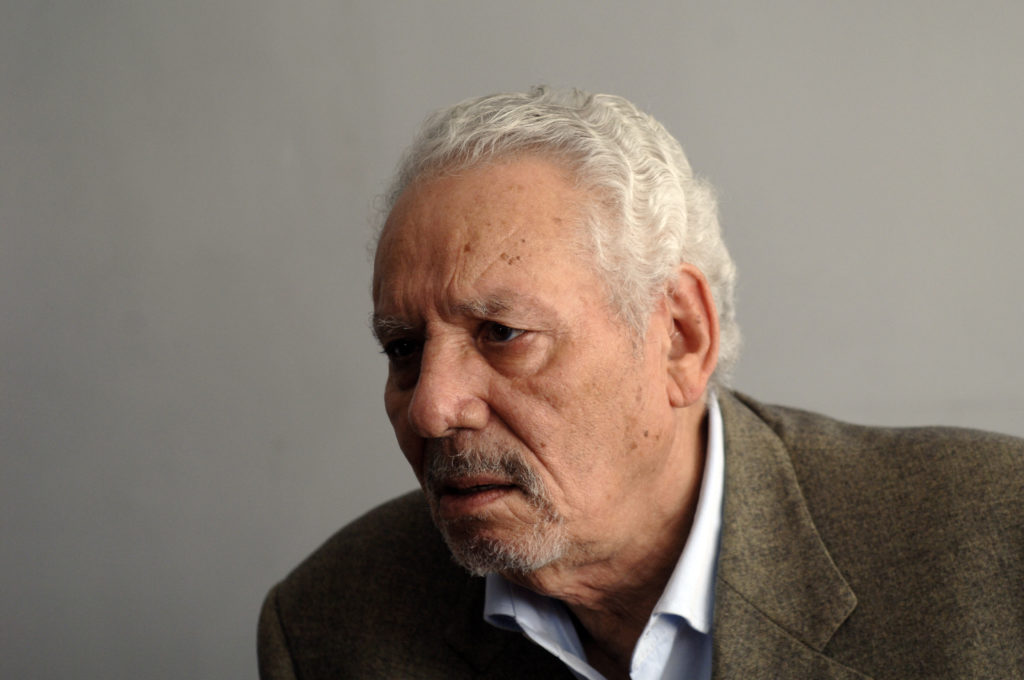Pillage: Ongoing investigation following the denunciation of a Swiss businessman for war crimes in the DRC
TRIAL International and the Open Society Justice Initiative (OSJI) welcome the opening of a formal criminal investigation by the Office of the Attorney General of Switzerland, following the filing of their denunciation against Christoph Huber, a Swiss national active in the mining sector. Backed by numerous pieces of first-hand evidence collected during their investigation of the case since 2013, the criminal denunciation filed in November 2016 by both organizations suspects Huber of having been involved in pillage in the Democratic Republic of the Congo (DRC), a war crime under Swiss law.

In March 2018, the Office of the Attorney General (OAG) decided to investigate the alleged illegal trade of minerals in the DRC during the armed conflicts of the Second Congo War (1998-2003), following TRIAL International and OSJI’s criminal denunciation.
“At a time when the public increasingly demands from corporate actors that they respect and protect human rights, the opening of an investigation presumably in connection with the conduct of illegal trade in a conflict zone potentially involving a Western businessman sends a strong signal to the whole mining sector”, said Bénédict De Moerloose, Head of the International Investigations and Litigation Program at TRIAL International.
APPARENT BUSINESS WITH AN ARMED GROUP
During their investigation, the organizations uncovered, among other evidence, elements highlighting the existence of a business relationship between M. Huber and the RCD-Goma (Goma faction of the Rassemblement congolais pour la Démocratie), an armed group accused of war crimes and controlling large portions of Eastern Congo during the Second Congo War. In 2001, the company represented by Huber would have been granted four mining concessions by an official body of RCD-Goma, whose armed forces were militarily occupying the area where the relevant mines were located. According to the agreement granting these mining concessions, their award involved protection guarantees by troops of the armed group.
According to Ken Hurwitz, head of OSJI’s Anticorruption program, “Too many conflicts around the world are fueled by the illegal sale of pillaged resources into global markets. Yet the international businesses and business people involved are rarely, if ever, prosecuted. The Swiss are to be applauded for taking on the hard work of pursuing this complex and important case.”
If the ongoing investigation was to establish the involvement of Mr. Huber in the illegal exploitation and appropriation of natural resources from a conflict area, he could be held liable for the war crime of pillage, a crime prohibited by international humanitarian law, and punishable under Swiss law by a prison sentence of no less than three years. Both organizations call upon the OAG to promptly complete its investigation.
Should this investigation lead to a trial, it would constitute a historical precedent. Indeed, it might be the first time in Switzerland that an economic actor would be on trial for accusations of the war crime of pillage, although this practice, in particular the looting of raw materials in conflict zones, has in the past decades reached alarming proportions.

